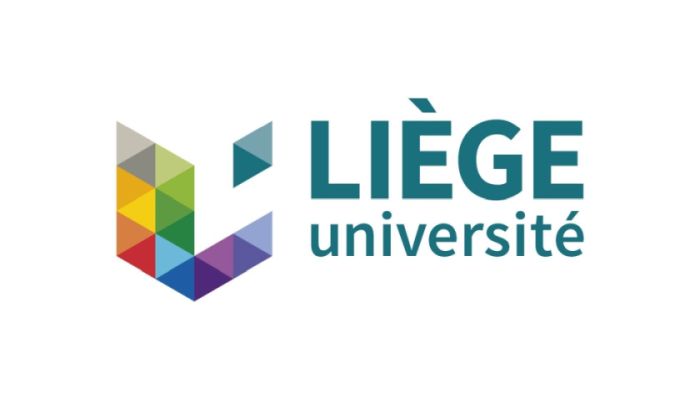
Université de Liège
Université de Liège
Organisation Introduction
Université de Liège (ULiège) is the only complete public university in Wallonia, the French-speaking region in Belgium. It has 11 faculties, located on 4 campuses, gathering more than 28 000 students and above 5 600 employees. At ULiège, the PEPs (Products, Environment, and Processes) group belongs to the Chemical Engineering research unit. PEPs consists of about 40 people active in the fields of bio(chemical) reaction engineering, thermal and mechanical unit operations, process design and modelling and sustainable development.
Within PEPs, the Life Cycle Assessment (LCA) team consists of 12 researchers supervised by Prof. Angélique Léonard. Areas of expertise in the group cover the environmental assessment of bioproducts, electric vehicles, waste, biofuels, packaging, water, construction and energy. Our services include performing Life Cycle Assessment in accordance with ISO 14040-44 standards as well as Environmental Product Declarations, trainings about LCA and external reviewing.
Why PILATUS?
With PILATUS, we want to contribute to rebuild a competitive photovoltaic industry with the entire supply chain kept in Europe while complying with the latest environmental standards. We believe that collaboration among all the partners involved in PILATUS will put this technology at the forefront of the industry and open a new path for designing new sustainable photovoltaic systems.
All in all, we want to make solar energy a sustainable energy source which contributes to decarbonize the European energy system as well as making it competitive. Not only will the environmental footprint be assessed but also specific actions to reduce the environmental burden of the technology will be put on the table. During the project timeline, Université de Liège will collaborate improving the innovative IBC technology by reducing high polluting steps, together with spreading environmental awareness among the technology developers. All this goes in line with our mission of providing guidance on sustainable paths.
Moreover, our participation to Pilatus will extend our expertise by applying ecodesign concepts and LCA to a field that we have not investigated yet.
What in PILATUS?
Our expertise in life cycle assessment will be used in the eco-design and environmental assessment of the IBC technology and system. Our objective is to find the way of producing wafers, cells and modules with the lowest impact on the environment.
Since the beginning of the technology development phase, different production alternatives will be analyzed to find the best option to be implemented. Also, the environmental hot spots will be identified. In addition, a complete LCA of the IBC technology at lab scale will be performed, including the end-of-life treatment and it will be compared with current PV technologies.

“The PILATUS project helps us to pave the way for assessing the environmental performance of PV technologies with an holistic approach, from raw materials extraction to its recycling, ensuring a more sustainable future energy system”
